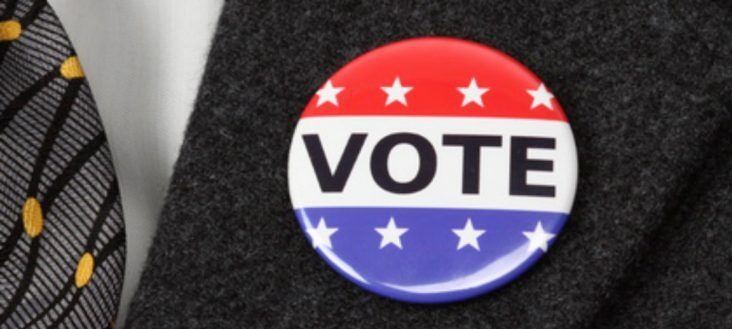Removing debt limit cap, job recruitment focus of Issue 3
by September 11, 2016 5:12 pm 304 views

Editor’s note: Justin Allen is a partner with the Little Rock-based law firm of Wright Lindsey Jennings. He leads the firm’s governmental relations group. Opinions, commentary and other essays posted in this space are wholly the view of the author(s). They may not represent the opinion of the owners of Talk Business & Politics.
––––––––––––––
Every regular session, our General Assembly is authorized to refer to the ballot up to three proposals to amend our State’s constitution. This year they have placed on the ballot what they think is a jobs amendment.
In 2015, the legislature proposed three measures, including one extending terms for county officials from 2 to 4 years and another allowing the Governor to maintain his powers while out of state. The third referral, Issue 3, is an measure to “encourage job creation, job expansion, and economic development.”
Issues 1 and 2 are straightforward. Issue 3, on the other hand, is fairly complicated. However, Issue 3 can be boiled down with three points.
• Amendment 82, regarding “super projects,” will be amended to remove the cap on how much debt the state can incur in order to attract large scale projects;
• It will allow local governments to use public funds to obtain assistance and services from third parties designed to enhance economic development; and,
• Amendment 82 will be amended to allow local governments to issue bonds to attract industry – a local Amendment 82, if you will.
The big ticket items here are the first two.
First, Amendment 82 was originally passed in 2004. The purpose of Amendment 82 is to attract large industrial projects into Arkansas by providing financial assistance to the investor in exchange for locating in the State. To do this, the State borrows money from bond purchasers, uses that money to assist with the project and repays the bond purchasers over a period of years, with interest.
Amendment 82 has been utilized once, and that was for the Big River Steel project, located in Osceola. That was a $1.3 billion project with over 500 jobs expected once fully operational. Pursuant to Amendment 82, the State issued $125 million in bonds, some of which was a loan to the investor and some of which was a grant. The bonds will be paid back over the course of 20 years.
Amendment 82 places a cap on how much debt the state can incur for such projects. Specifically, at any given time, the State cannot be in debt in an amount more than the equivalent of 5% of general revenue collections. At this time, that results in a cap of approximately $322 million. With $125 million already pledged to the Big River Steel project, the State can only pledge an additional $197 million for additional projects as long as the Big River Steel bonds remain outstanding.
Simply enough, Issue 3 will remove that cap.
Moving to the second point, a 2013 lawsuit was brought against the cities of Little Rock and North Little Rock asserting that they were directing taxpayer dollars to the local chambers and affiliated economic development groups in violation of the Arkansas Constitution. The cities argued that the funds were being used to assist in attracting and maintaining employers and the corresponding jobs. The plaintiffs argued that the cities were illegally directing public money to private entities without any accounting and without receiving anything in return. The circuit court ruled in favor of the plaintiffs, and the matter is on appeal.
If Issue 3 is approved, it will moot the appeal and local governments will be able to send money to local chambers, and other similar groups, to aid in economic development efforts.
Proponents of Issue 3 argue that the changes are needed in order to compete with other states for investment. That other states are able to offer investors superior incentive packages to those offered by Arkansas. If we don’t adapt, we will lose investment and jobs to other states.
Opponents question the value of using public money to help private industry. The term “corporate welfare” is used by skeptics to describe such a practice. Specific to Amendment 82, many say it is irresponsible and dangerous to remove the cap on how much debt the state can incur.
This is a long-standing debate, and one that cannot be sorted out in this space. That said, it occurs to this writer that if other states are offering more attractive packages than Arkansas, we must adapt. Otherwise, we will lose out on investment, jobs and the revenue associated with it.
To be sure, there are limits and these tools must be used responsibly. If Issue 3 passes, it will be incumbent upon all of us to ensure our elected officials indeed utilize them in such a manner.
